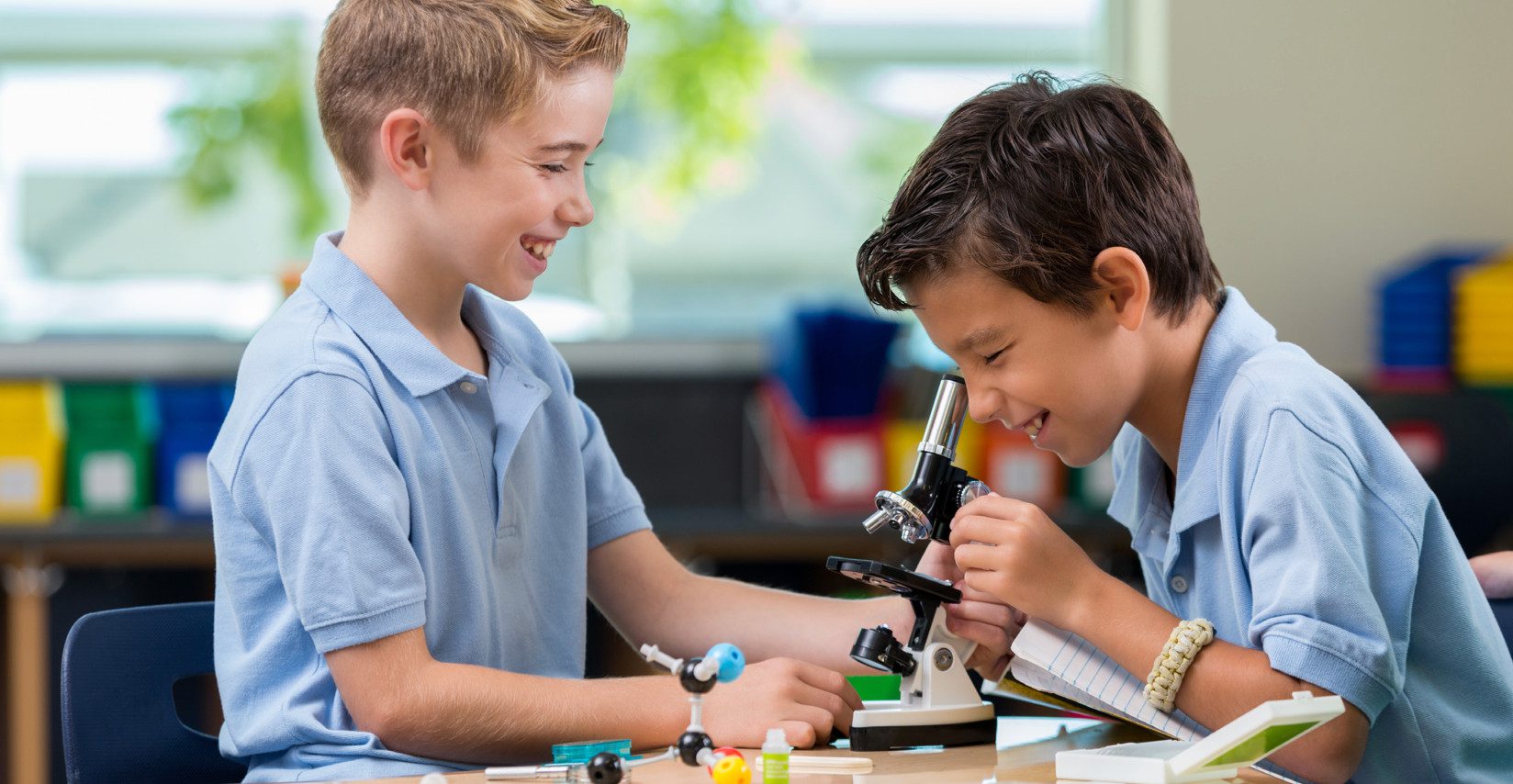Pupils at The Amicus School
Amicus welcomes day pupils from the local area. Our day pupils are happy to be part of a school where the staff understand the past difficulties they have experienced and are supportive and trained to help them learn.
The school curriculum is accessible to pupils who have missed periods of education, or who have failed to thrive in an educational setting. This may be due to a range of circumstances that result in them becoming vulnerable and losing direction in their learning. For children to be open to learning they must acknowledge they ‘do not know’ some aspects and this can be painful for them and this must be delivered in a non-threatening way. The School provides nurturing and stimulation for those who may need a sympathetic transition period to engage again with their learning. The eventual aim is to therapeutically work with the pupils to enable them to reintegrate (wherever possible) into the mainstream schooling system.
At Amicus School it is important that all our pupils feel care for and are treated the same; this includes our day pupils and those that live in our community. Our school is a trauma-informed school and therefore the education needs to include academic learning and therapeutic work around the effects of trauma. The trained therapeutic and teaching staff work with the pupils to address any trauma, attachment disorders, or complex needs. Other therapeutic work involves building trust and appropriate relationships, raising self-esteem and sense of worth, and increasing successes and achievement. This work will support the student’s academic, social and emotional progression.
We offer a creative, differentiated, and modified National Curriculum which meets the new framework for Ofsted 2019. Because teaching and learning begin at each pupil’s own level and ability then our curriculum design is individualised. Every student who attends the school has an Education, Health, and Care Plan and is provided with a full and regularly updated educational assessment. Regular education reviews are held for each pupil involving the child or young person’s Link Worker, Teacher, and the child or young person’s Social Worker. Additionally, each student’s therapeutic plan will include education and it will focus on their attendance, relationships and behaviour in school, levels, and learning capacity. This allows for integration between home life, education, and the child or young person’s local authority and allows agreed targets to be set and reviewed.
Where appropriate the children and young people’s parents/carers and Social Workers are regularly informed of the child or young person’s educational development. They are also invited to three end-of-term open days at the school, each academic year, where they can meet with the Teachers, see the child or young person’s work, and share in their achievements.

The day pupils at the school who live with their parents/carers will be expected to attend from Monday to Friday and between the hours of 9am – 3pm during our term times. The Amicus School sees the child’s learning as an essential part of their individual development and an inseparable part of the holistic, therapeutic living experience. Therefore, we work closely with the parents/carers of our day pupils, so they are supported and motivated to continue the therapeutic approach in their homes.
The school staff team consists of the Headteacher, Deputy Headteacher, Assistant Headteacher, seven Teachers (with many who are subject leads), three Senior Therapeutic Education Practitioners, a Senior Therapeutic Behaviour Support Practitioner and up to 8 Therapeutic Education Practitioners. Every member of staff is trained and supervised in therapeutic techniques and has an understanding on trauma and its impact on how children learn, which enables them to work therapeutically with the children throughout their school day. The team brings their passions and interests to The Amicus School and this includes physical education and instruction in a variety of sporting activities, literature and also arts and crafts.


